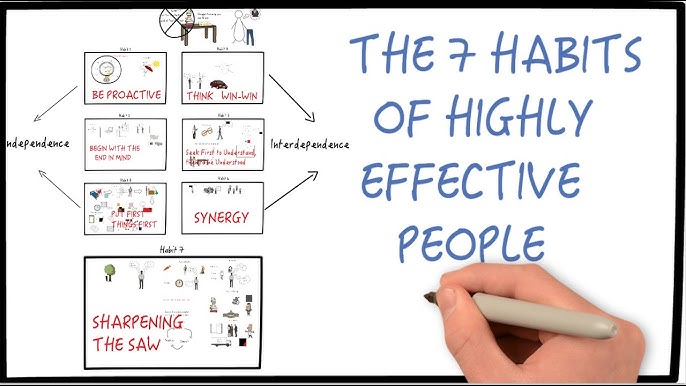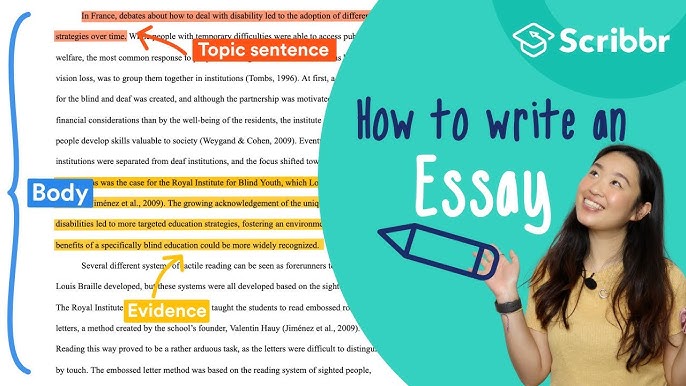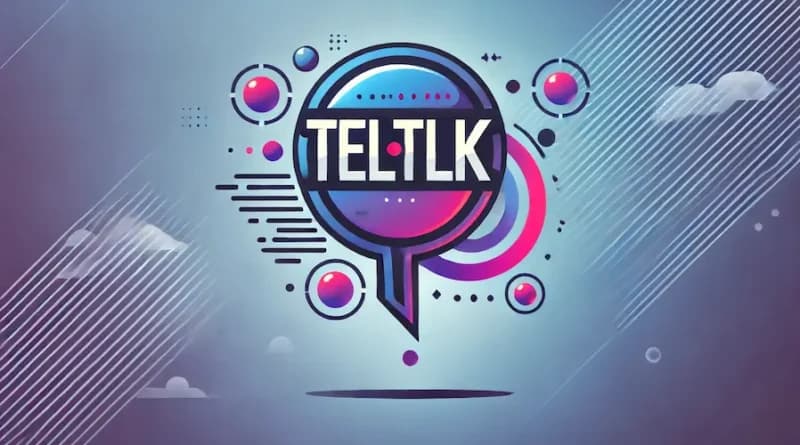Introduction:
There are many universities in the UK who has developed AI principles that focus on how to utilize AI safely instead of ignoring or banning it totally. So universities in the UK set the AI principles created by teachers working for the Russel group of top UK universities. This contains rulers their goals of creating an AI literate body for staff and students to exploit on the aids of tech while reducing risk. Since industry experts have defined it as a wise move to make ready for future employees.
So the main aim of these principles such as the promotion of the moral use of how to generate AI. As well as ensuring access to the tech and keeping the accuracy of academics. Anyway, how the content is created or utilized. Thus these AI principles come from the government take-off a meeting on the utilization of generated AI in education in the UK. The Russel group is a collection of 24 universities such as Birmingham, Cambridge, Oxford Dirham, etc.
Guidelines On Generating AI Principles:
The aim of these guidelines is to try to find a balance between the tech correctly and avoid it becoming misuse. So the universities agreed to help students and as well staff become AI literate. And letting staff become equipped to help students and how to utilize AI and create AI tools well. They will also change teaching and estimate to unite the moral use of AI principles. As well as help to gain the same access to technology, while making sure academic care and honesty are upheld. Hence the last AI principle is a pledge with the universities to work as a team to share top practices such as AI evolves.
Generative AI Cannot Be Washed Away:
The AI principles accept that AI comes with a lot of gaps such as plagiarism, bias, and mix-up of info. This might be made on the back of poorly paid workers. Even so, the agreement showed a change in attitude towards the tech. Prior to 4 months, universities in the UK told teachers that utilize Open AI’s Chat GPT in many students’ assignments. The reason involved was claims that cheating utilizing Chat GPT began in many universities all across the country. As well as amid the notion that AI plagiarism may be hard to classify.
Thus in March 2023, many universities such as a few of these linked with Russell Group. They ban the use of AI overall. Because they warn the students that do not use AI or else they will be caught. As per research in April few Russell universities stated they will have an option of using Turnitin. It is a software that claims to detect AI-based plagiarism and has a 98% accuracy. And then they say that the software might falsely accuse students of cheating.
Hence these UK universities have no pledge to unite the moral use of AI principles in teaching and analysis. Because they accept AI as an opportunity rather than a threat to their academic honesty.
Note: There are a lot of students who have trouble facing their assignments, essays, and dissertations. Thus there are tons of Assignment help services they may hire or ask from qualified experts.
Can Regulations Affect AI Use In Universities?
Hence the use of AI introduces moral, legal, and social matters that need suitable regulations. Make sure of the date, privacy, and security, and stop bias and judgment. As well promoting responsible AI practices on AI principles between students and talent is vital. For instance, the European Union’s General Data Protection (GDPR) has effects for using AI in universities. So the GDPR needs personal data to be processed clearly and securely. But it might be hard once use AI systems.
What Do UK University Professors Say About Uniting AI Principles Into Education?
So Professor Andrew Brass, the head of health sciences at the University of Manchester says. ‘’We know the students are already using this AI tech, thus the question for us such as teachers, is how to make them ready for this. Also, what are the skills they require to know how to occupy with creating AI content wisely? ‘’
Hence we accept these AI principles, and it is our point of view, it is clear that it can’t be carried out from the top down. But then if we work very wisely with our students to create the rules and guidance we offer. How over if there are limits such as it is vital which is clearly explained to students why they are in place. And we will find those people and then find a way all over the place.
He further added, ‘’assessment of students will also need to change. And it has every time done in answer to new tech and workforce skills required. In the end, he states to analyze problem-solving and critical thinking skills as compared to knowledge memory.’’
Thus the AI principles and the rise of creating AI have the potential for a profound impact on the ways in which we learn, educate, analyze, and analyze education. As UK universities said in the joint meeting.










